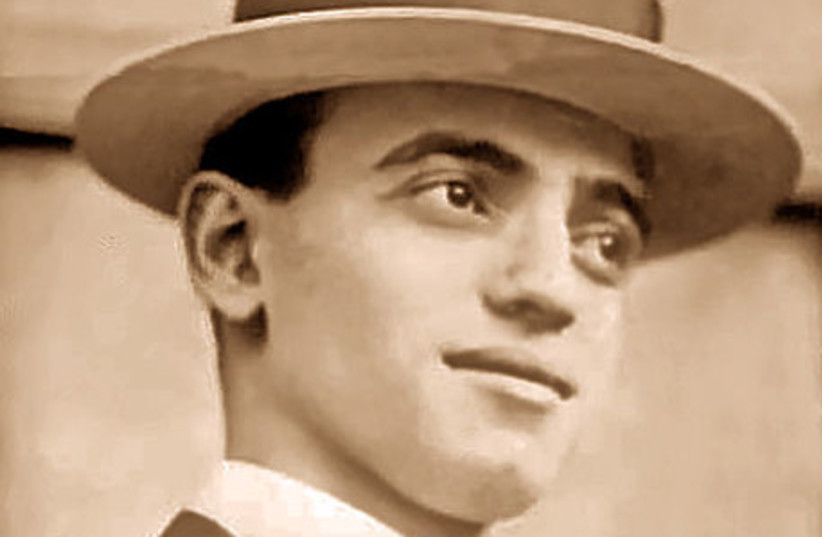Parade, winner of the 2023 Tony Award for Best Musical Revival, is an absolute must-see Broadway hit. Starring Jewish performers Ben Platt and Micaela Diamond and supported by a colorful and passionate cast at New York’s Bernard B. Jacobs Theater, the revival of this show is not only timely but an absolute necessity for theater enthusiasts and history buffs alike.
Parade tells the story of a community shaken by tragedy and in search of answers, turning to scapegoat local minorities because the pain of an unsolved case is too unbearable – and of course, because of the engrained mindset of post-Civil War Georgia.
The show starts out with a symbolic love scene between a Confederate soldier and a woman of the era. Although not graphic, it is clear what they were doing. What is unclear is just what this detail does for the show, but it certainly catches the attention of the audience.
Parade follows the historical events down to the last detail
The production’s historical context humanizes the creative version of real-life events. This is aided by the presence of historical portraits of the real-life characters each player depicts. Every character has a historical connection in the story and their photo and name are illuminated at the back of the stage. They are key figures in the story and prosecution of Leo Frank, a Jewish man falsely accused of the murder of 14-year-old Mary Phagan, found dead in the basement of her place of work, the National Pencil Company, on Confederate Memorial Day in April 1913.
Platt plays Leo, the superintendent of the company and an easy scapegoat for a grieving community in search of answers – not as much because of his place of work as because of his heritage.

Leo, from Brooklyn, married to a southern Jewish woman from Marietta, Georgia, part of the greater Atlanta area. He runs the National Pencil Company in Atlanta because his in-laws have afforded him the opportunity – and he attends work on a state holiday to earn extra money, trying to save up so that he and his wife can have a baby.
On that particular day, his employee, Mary Phagan, comes to collect her pay, neither of them aware that it will be her last. She is found, deceased, in the basement of the factory that night by the night watchman, a Black man named Newt Lee.
A trial ensues with trusted neighbors, colleagues, and employees attacking Leo and his character. Their house cleaner, the boy who flirted endlessly with Mary, as well as many factory workers, come forward to give testimony that not only appears false but is also suspiciously similar to the testimonies of others.
In an interview with Playbill, Platt discussed the overlap in his own Jewish heritage and playing a role at such a time.
“It’s a way I can pay homage to Leo nightly. It’s a very ritualistic thing for me,” he said. “He has become this symbol and martyr, but that 15 minutes is the moment every night where I can remember that this was a man who was, for the last two years of his life, stuck in a room by himself, then wrongfully murdered. It just personifies him for me, and never lets his story get too big or too far in my head.”
In its multiple runs from Broadway and back again, audiences do not stray from their overwhelming love of the production.
“Ben Platt and Michaela Diamond were Tony-worthy, [plus] the score was fantastic,” said Melissa Solomon, a resident of Roslyn Estates, New York. “It’s never been more timely to have a show about antisemitism back on Broadway.”
Her mother, Eileen Adler of Atlantic Beach, New York, added, “It’s an important play in this day and age. I actually saw it in 1998. I truly didn’t appreciate a play with this topic back then, especially as a musical. However, I read a book about the case and I see things through a more enlightened lens [now.],”
Parade leaves its mark on the hearts of audience members. Whether you are looking for true crime, songs to belt out with passion, history, or an equal amount of laughter and intense tears, this is the show for you.
